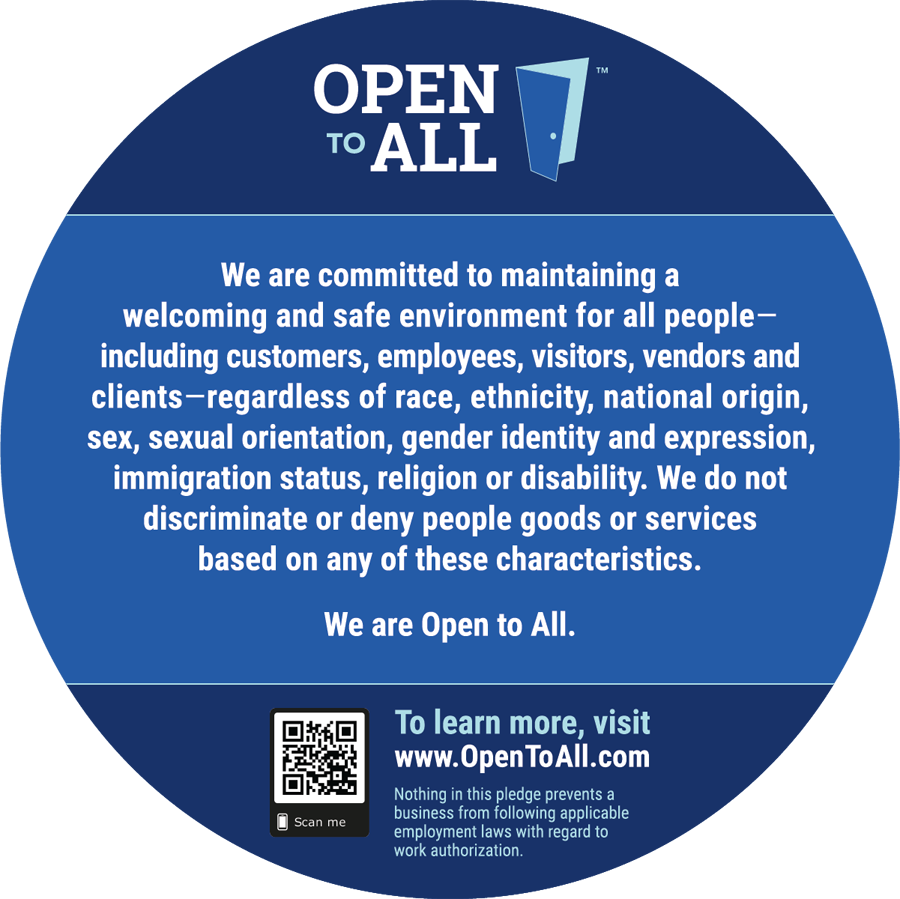[Originally published in the series War Stories on Steve Portigal’s All This Chittah Chattah]
I interviewed Holocaust survivors. Four words that still send shivers down my spine. Their stories were meant to shape my research; they ended up shaping me.
It was the project of a lifetime. I was asked to conduct user research for the United States Holocaust Memorial Museum with web design agency Happy Cog. Together we identified several constituents of the Museum to explore: visitors, students, teachers, scholars, activists, volunteers, donors…and survivors. Survivors of the Holocaust. I would be performing the interviews, crafting personas, and reporting on findings to the Museum’s executive board.
As a rule, when I engage with a research participant, I, Whitney Hess, cease to exist. It is a skill I have honed over many years of conducting research. I don’t get hungry, I don’t get tired, I don’t have to pee. I shed my beliefs and my assumptions and my identity. My only need is to listen. My only purpose is to absorb – with total objectivity.
Would it be possible then for me to objectively study Holocaust survivors? I am a Jew.
At first I told myself that being Jewish somehow qualified me to understand their stories and empathize with their pain. Then I feared that I would get so emotional that I wouldn’t be able to make it through an interview.
I was wrong on both counts.
I had the honor and the privilege of interviewing seven survivors – from Germany, Lithuania, Czechoslovakia, Austria, Poland, Slovakia, and Great Britain – all volunteers at the Holocaust Museum in varying capacities. Some interviews were in person at the Museum, others were over the phone. They shared their stories of survival, and they shared their feedback on the website. Both extremes were just as relevant. I listened with reverence and I asked probing questions. I was so busy taking it all in, I didn’t have time to feel anything about it. I was working.
When it came to crafting personas, I started with the teachers and students, moved on to activists and scholars, and eventually I could postpone it no longer – it was time to review my findings from the survivors.
Reading back through my notes and the interview transcripts, I maintained my composure. I kept reminding myself, You have work to do. But in a moment of weakness, I allowed myself to listen to a recording. And then another. Day became night and I was still listening. They recounted the abuse they’d endured, the brutality they’d witnessed, the family they’d lost…it was so raw, so real. I let myself go. I cried, bawled. For what they had overcome, for themselves, for their families, and for me.
In the end, I decided not to create a persona of a survivor, and my teammates and clients understood my reasoning. Their stories were unique; they could not be merged.
Instead I gleaned a few key quotes, to convey the essence of the individuals. What they had to say changed my whole perspective on what we were doing and why we were doing it. Their message had to be heard. I had to share it. I got to share it.
And it changed everything.
Related Posts:
- Featured Guest on Sprints & Milestones June 15, 2023 | 0 comments
- User Research War Stories: “Taking empathy to a whole new level” August 3, 2012 | 4 comments
- The Project of a Lifetime November 9, 2009 | 25 comments
- The truth about the presentation process February 21, 2013 | 6 comments
- Speaking Up February 6, 2013 | 50 comments



Inspirational doesn’t quite capture how moving this must have been. Nicely done.
We don’t realize this can happen again in a second. Makes me very uncomfortable. A dose of reality is a needed wake up call.
Jew or not, I hope to be human is enough qualification to feel touched by these brave survivors. .I’ll always remember the most traumatic user research I ever did; for Brave Kids, a nonprofit dedicated to kids dealing with cancer. It was before i was a mom, but shortly after my hero/aunt had died form an ongoing battle with the c word.
To this day, i can recall the light on the hospital walls, the parents patiently reporting a daily status to worried families, and the kids themselves. Was I less able or more able to be objective because I’d lost a family member to cancer? I really can’t say. Could you remain unmoved by those small people fighting a battle they were unlikely to win? I ended up passing off much of the research to my partner Noel, who was tougher than me, as I went home to cry each night.
And yet, the reactions to the Stubinville rape stories seem to vary depending on your gender and if you’ve seen violence to women. Maybe I overvalue the humanity in us all.
Thank you for sharing this important question. The day we can all see through the eyes of others is a day when these atrocities end. I hope your work leads to inspire greater empathy.